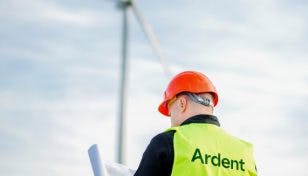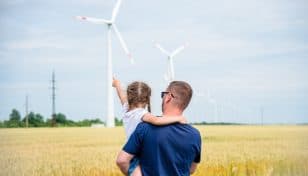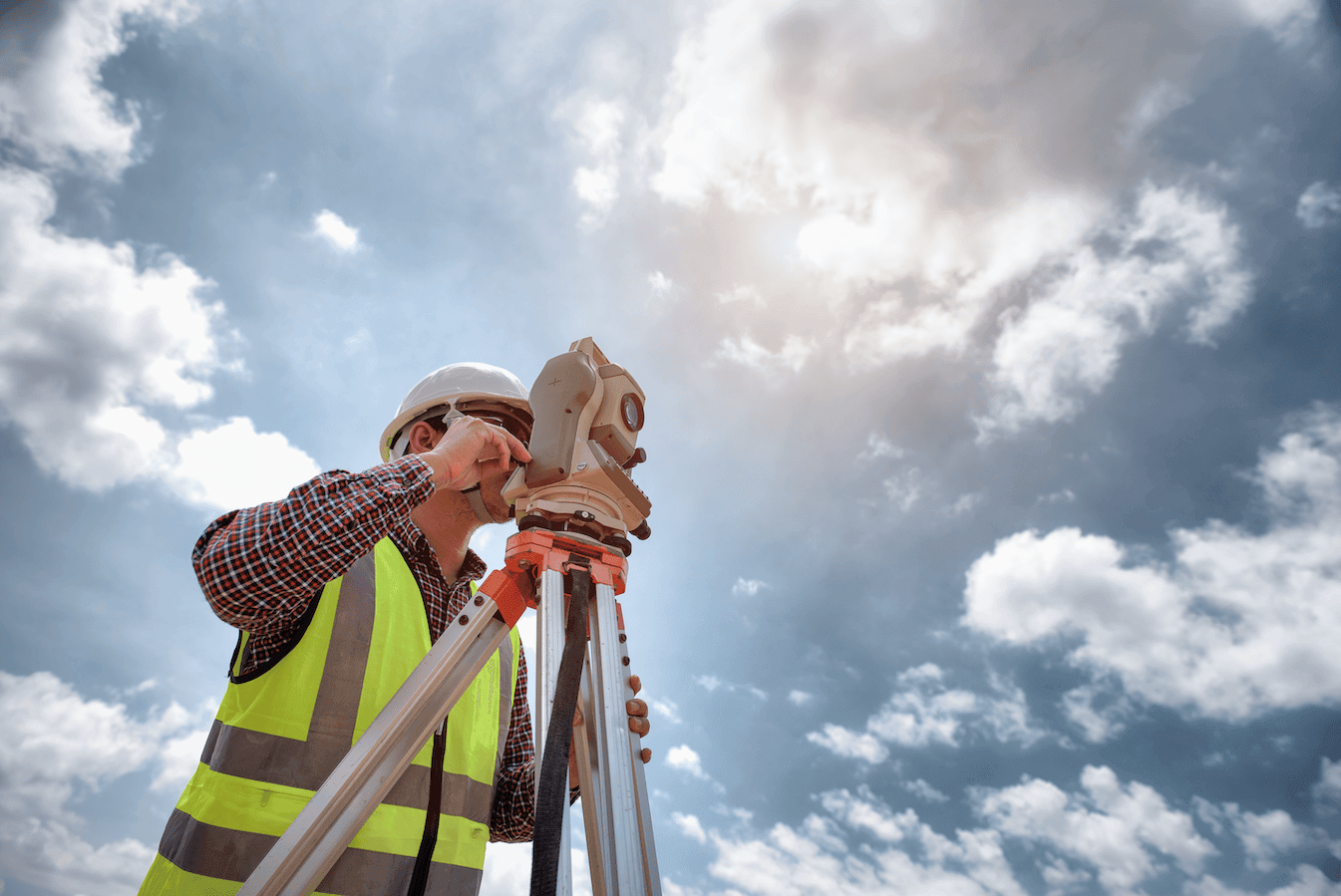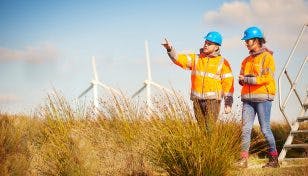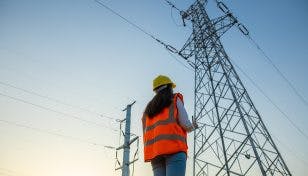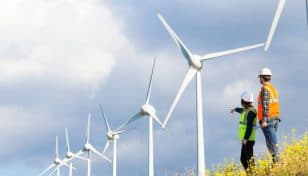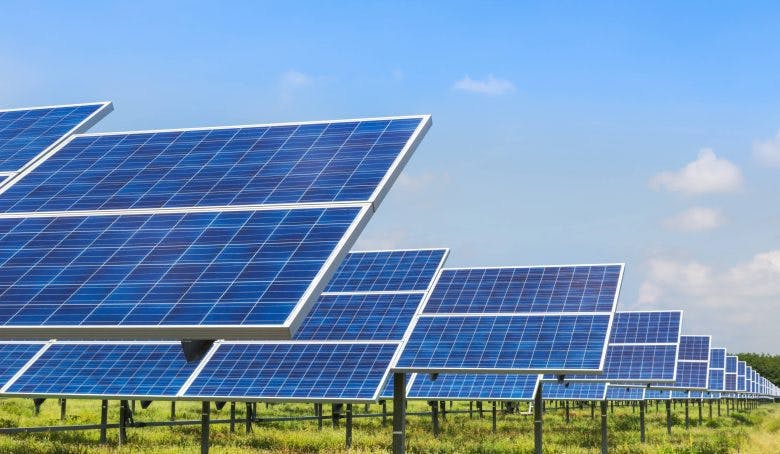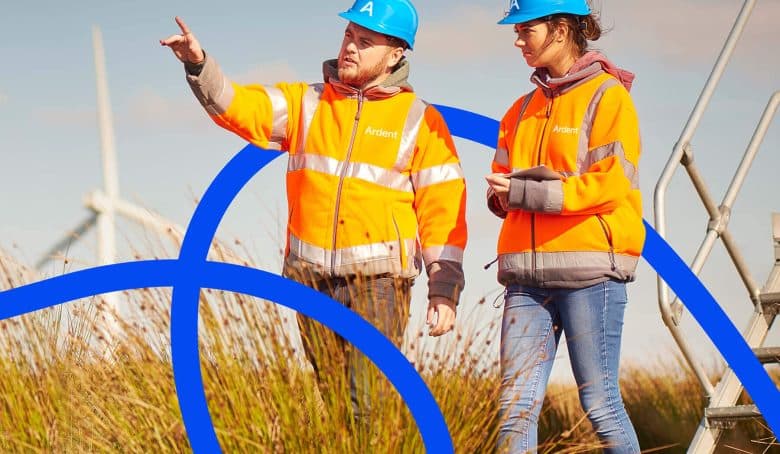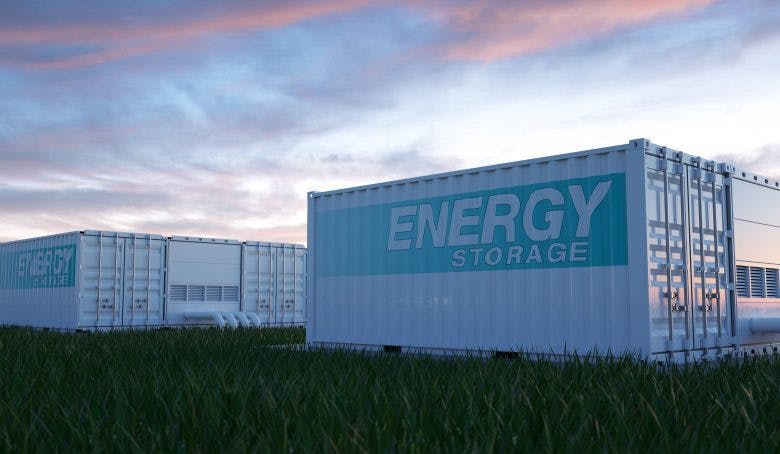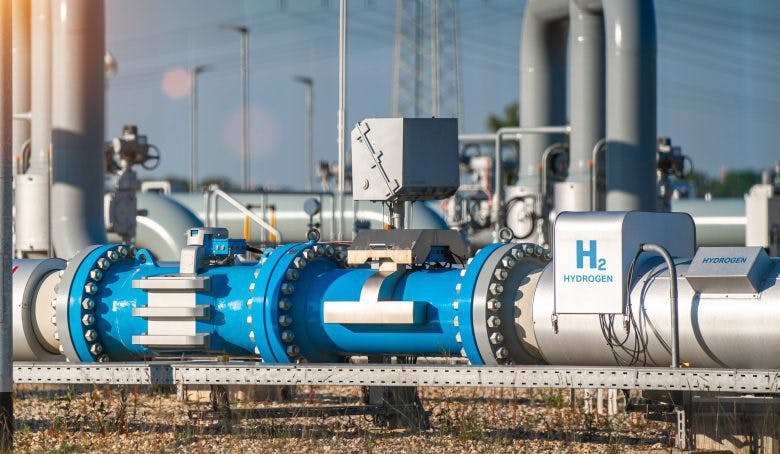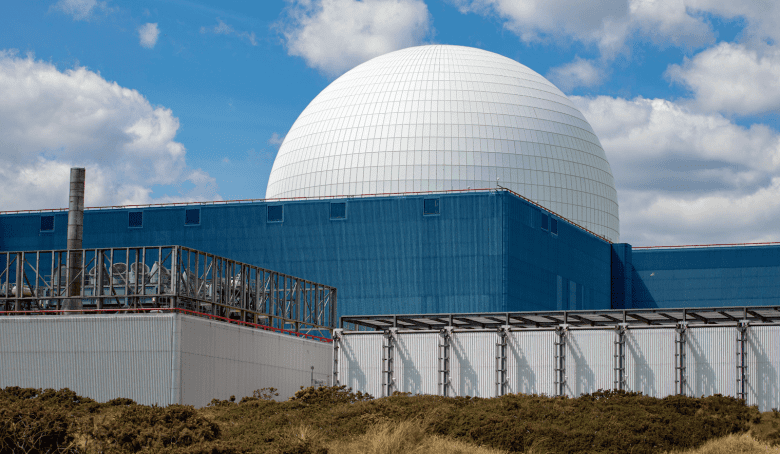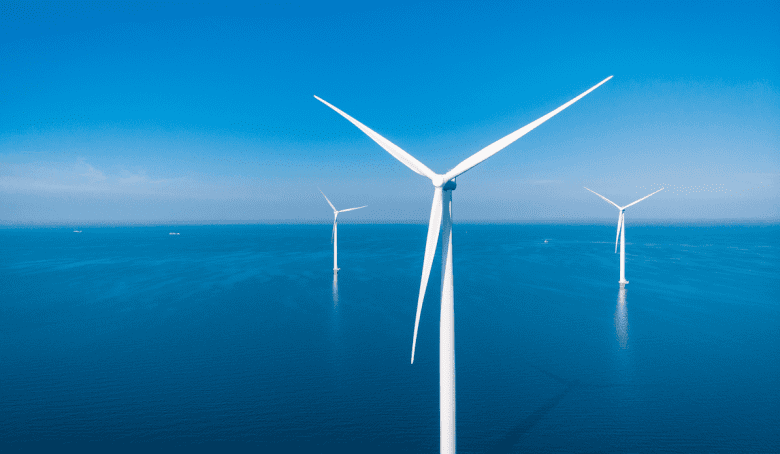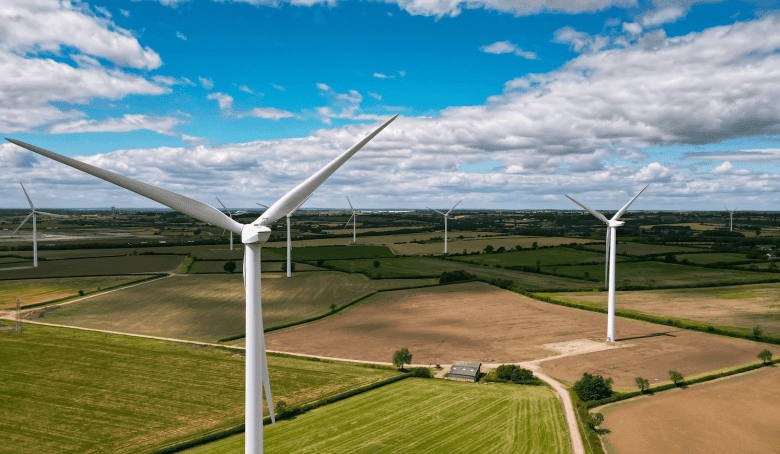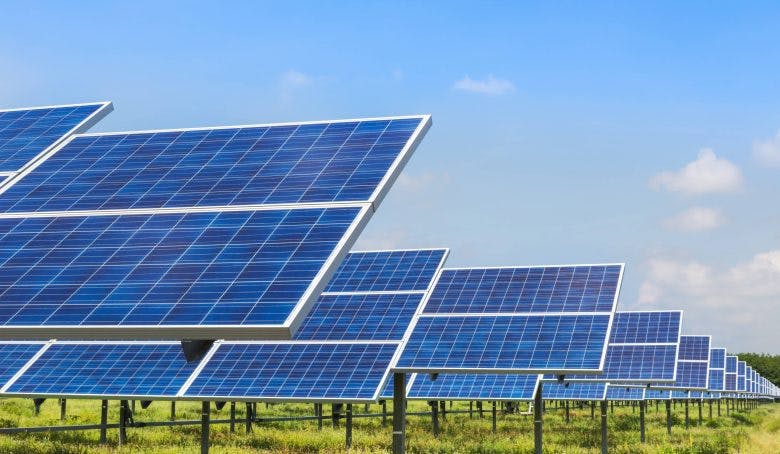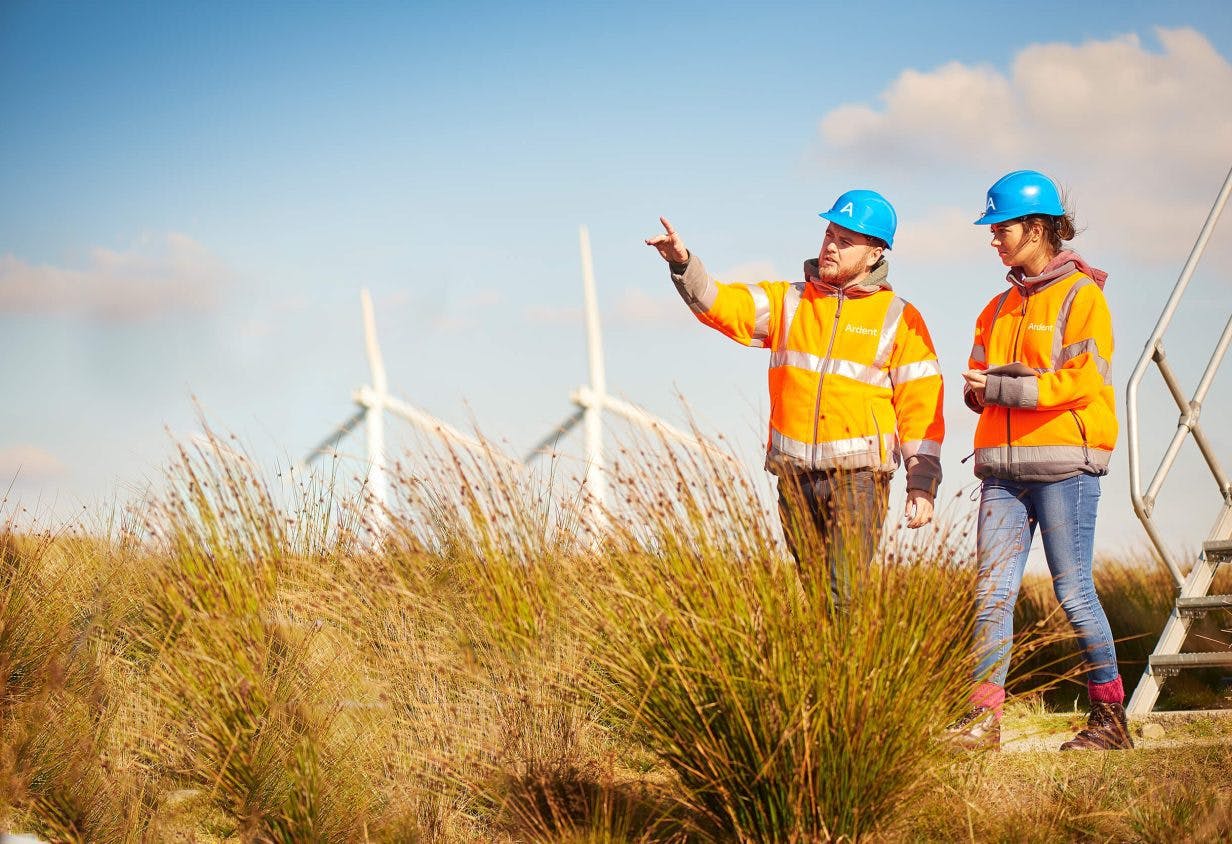Energy From Waste (EFW) Infrastructure Development Consultants
As the increasing demands on landfill and waste disposal continue to weigh heavily on our sustainability goals, the UK has seen significant development in how we dispose of waste.
The focus on a ‘circular economy’ has particular significance for the energy sector, as they seek out new methods to generate usable energy for our communities. Energy from Waste (EFW) looks to unlock a valuable new source of clean energy, as we strive toward our net-zero future.
Pushing the boundaries of energy innovation, Ardent is well placed to support the EFW market, having provided services and advice to leading recycling and waste management organisations and developers, including London’s Cory Riverside Energy Project.
Supporting the Development of Waste to Energy Projects Across the UK
Helping to support the development of EFW projects, Ardent has significant experience managing renewable energy projects throughout their lifecycle and is carried by a comprehensive portfolio of land services and project management, supporting both traditional EFW and cogeneration – Combined heat and power (CHP) projects.

From Land Referencing to DCOs – We Support EfW Developers, Investors and Operators at Every Stage
- Land Referencing & Plan Production
- Survey access
- Land strategy
- Landowner engagement
- Land assembly, negotiations and agreements
- DCO and planning application support
- Compensation and Valuation
- Project Management
FAQs About Energy From Waste
What is an Energy From Waste EfW Facility?
An Energy from Waste (EfW) facility is a plant that treats non-recyclable waste to produce energy, usually in the form of electricity or heat.
Instead of sending waste to landfill, it’s burned or processed using advanced thermal or biological methods to recover energy, helping reduce greenhouse gas emissions and reliance on fossil fuels.
How to Generate Energy From Waste?
Energy is generated from waste by burning it to create steam that drives turbines, or by breaking it down biologically or chemically to produce gas or oil that can be used as fuel.
The most common method in the UK is incineration with energy recovery.
What Land Ownership Issues Could Delay Your Energy from Waste Project?
In one of the projects we supported; Cory Riverside Energy Park in London. A key issue was that parts of the cable route crossed land outside the adopted highway. To avoid delays, legal rights had to be secured through either freehold acquisition or easements.
Ardent led on land referencing, produced the Book of Reference and Land Plans, and engaged with affected landowners to secure Option Agreements before examination. This reduced objections and helped keep the project moving through the DCO process.
Unresolved land ownership can stall or derail your project. Identifying affected land early and securing rights before submission is essential to avoid costly setbacks.
Get in touch
Other sectors we cover
Our services
We have designed a unique approach to project delivery by offering six integrated core services that help support your project through its entire life cycle, from conception to completion.
